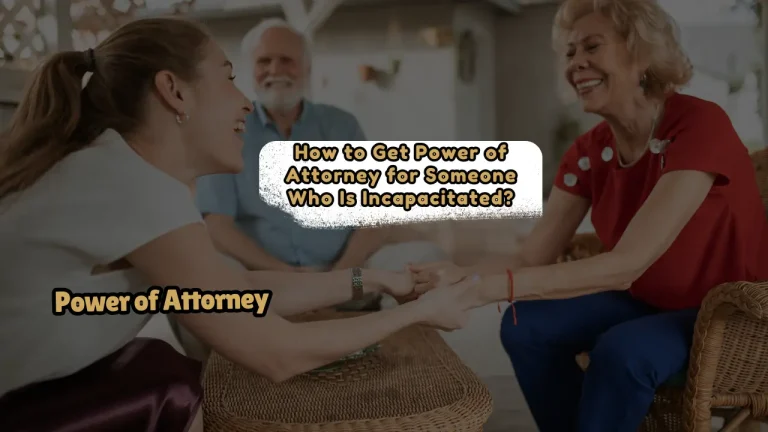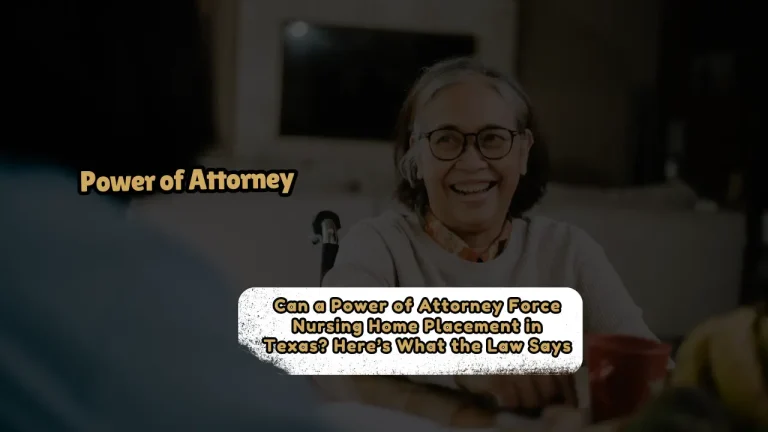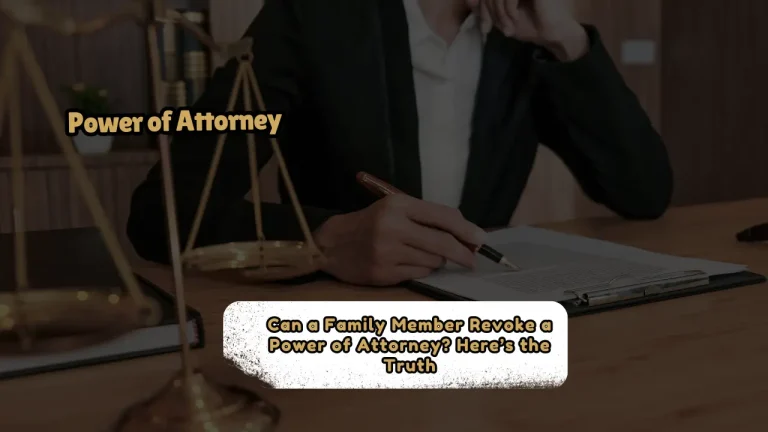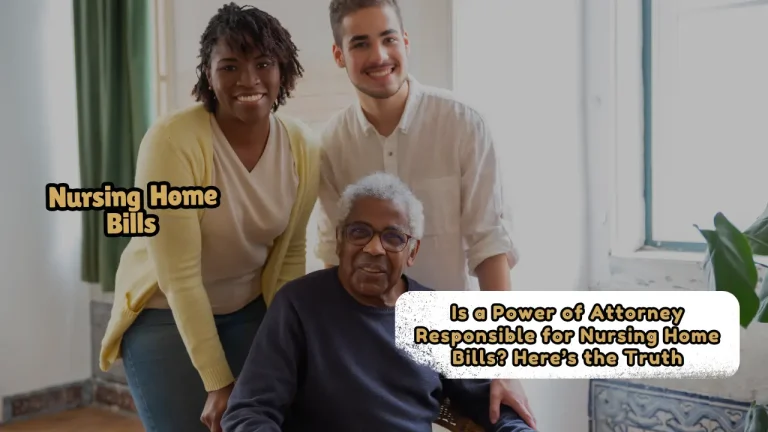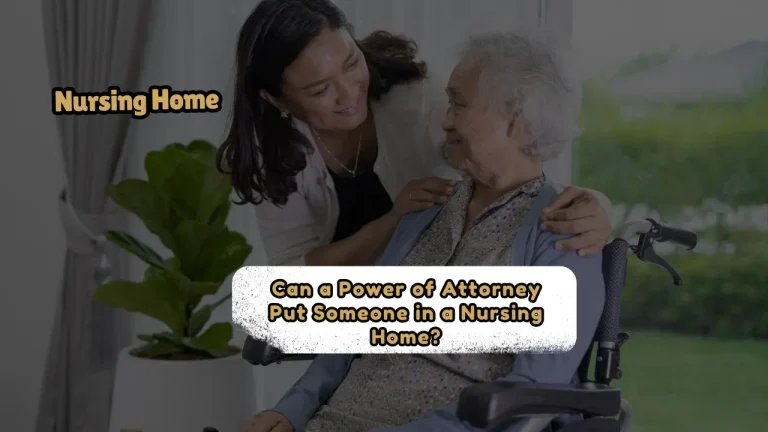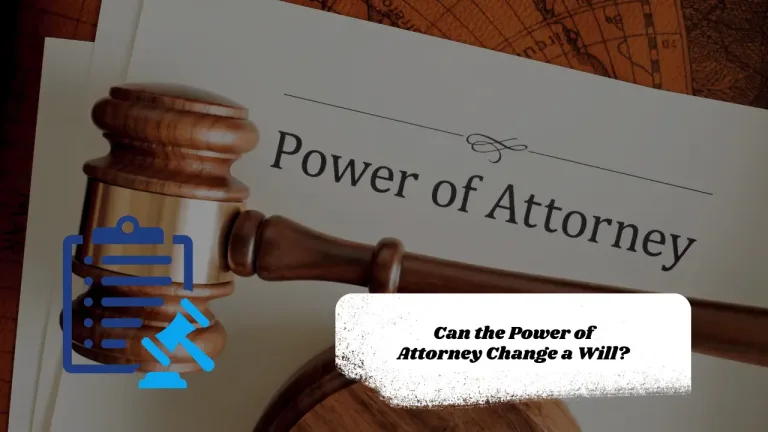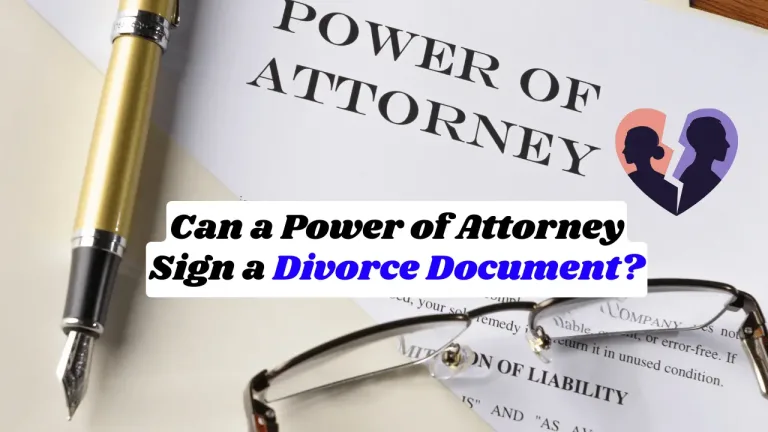How to Get Power of Attorney for Someone Who Is Incapacitated?
If someone is already incapacitated, you can’t obtain a standard power of attorney because it requires the principal to be mentally competent at the time of signing. Instead, you’ll need to petition a court for guardianship or conservatorship to gain legal authority over their affairs. However, if a durable power of attorney was set up…

